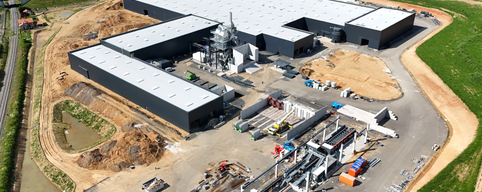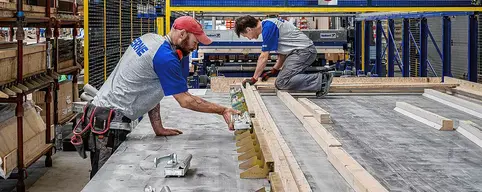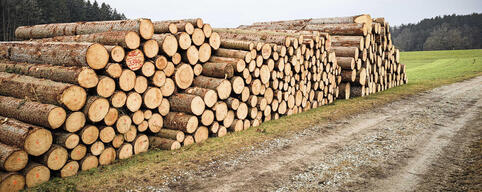

The European Union Deforestation Regulation (EUDR) is a new legal framework that aims to reduce the impact that European consumption has on global deforestation and forest degradation. These changes have a significant impact on the approximately 120,000 Polish companies operating in the wood, furniture and related sectors. The new regulations impose strict requirements on these companies to monitor and document their supply chains.
Although the formal implementation of the EUDR has been postponed for a year, experts strongly recommend that companies start preparing now. The delay does not mean there is much time left – complying with the new regulations will require comprehensive changes. Companies will have to thoroughly document the origin of raw materials and confirm their compliance with the regulations of their country of origin. It will be crucial to prove that materials do not come from areas that have been degraded or deforested after a certain date.
The EUDR regulation covers seven main product groups: timber, palm oil, soy, cocoa, coffee, cattle and rubber. Each of these commodities has a significant impact on deforestation processes in different regions of the world. New regulations require companies that import these products into the EU or export them to prove that they do not come from deforested areas after December 31, 2020.
In practice, this means the need to implement much stricter procedures - from verifying the legality of raw materials to carefully tracking their path from source to final product. Companies will have to invest in new monitoring and supply chain management systems, which entails both technological and financial challenges.
The wood and furniture industry in Poland is therefore facing an urgent need to restructure many aspects of its operations. Experts warn that delaying preparatory measures could result in serious problems later on, ranging from loss of markets to administrative sanctions. Hiring compliance specialists, digitizing processes, and building transparent supply chains may prove crucial for the survival and competitiveness of companies.
The European Commission emphasizes that the EUDR regulation is a necessary step towards reducing the European Union's ecological footprint. The new regulations are intended to ensure that the EU market actively supports the protection of forests and biodiversity, as well as contributing to the achievement of global sustainable development goals.



